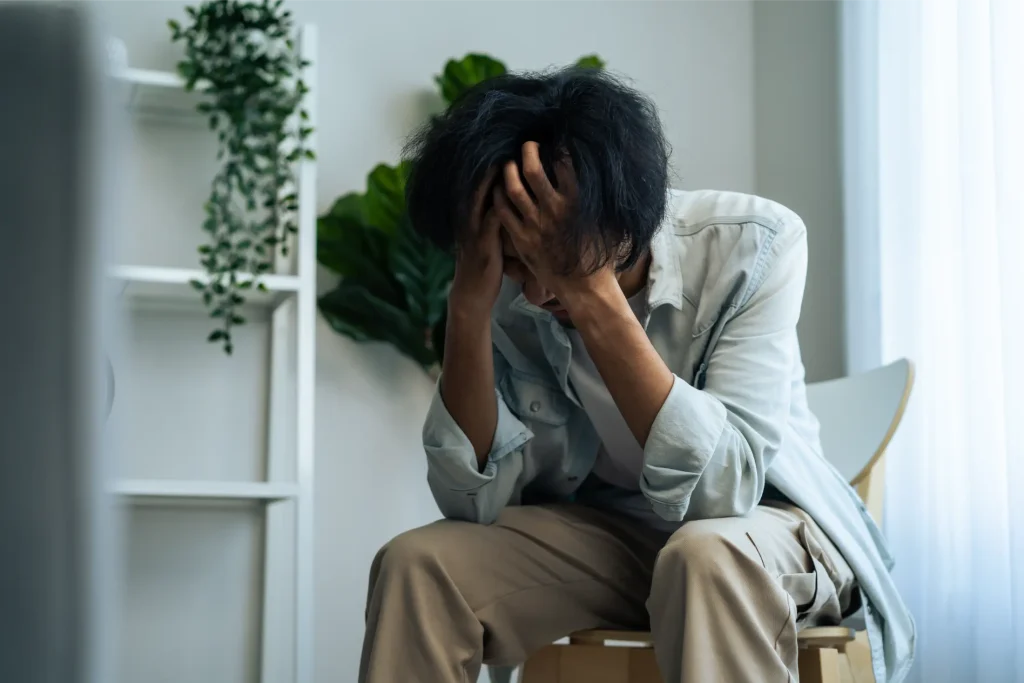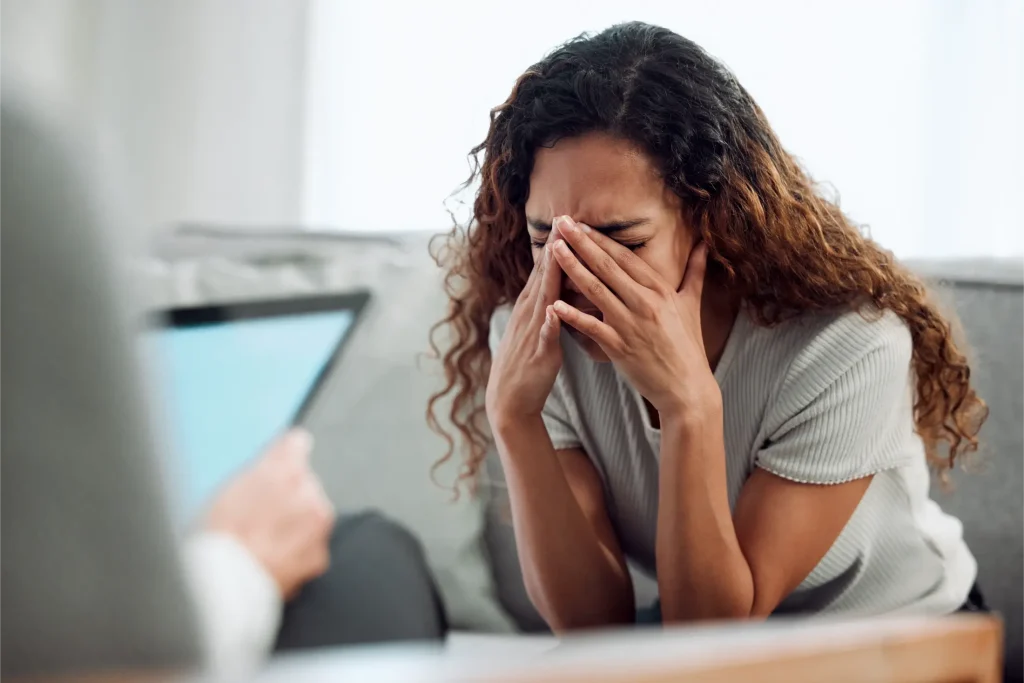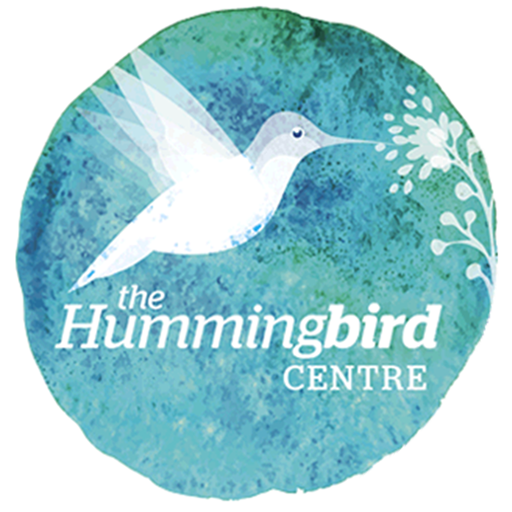Understanding Anxiety
Anxiety is a common and natural response to stress or uncertainty. It’s that feeling of worry, tension, or fear that can arise before a big event or during times of change.
A little anxiety can sometimes be helpful – it might make you more alert or focused. But when anxiety becomes frequent, intense, or ongoing, it can start to interfere with daily life and wellbeing.
At The Hummingbird Centre, we provide gentle, evidence-based anxiety therapy in Newcastle and surrounding areas. Our clinicians support people to understand what triggers anxiety, learn practical coping skills, and feel more confident managing day-to-day challenges.
Types of Anxiety Conditions
Anxiety can look different for each person. There are several types of anxiety-related conditions, including:
Generalised Anxiety Disorder (GAD)
Social Anxiety Disorder
Panic Disorder
Specific Phobias
Agoraphobia
- Obsessive Compulsive Disorder (OCD)
Separation Anxiety Disorder
No matter the form it takes, anxiety can be managed effectively with the right support.

Common Signs and Symptoms
Anxiety can affect both the mind and body. People may experience some of the following:
Mental and Emotional Symptoms
Persistent worry or fear
Feeling restless, tense, or “on edge”
Difficulty concentrating or making decisions
Irritability or frustration
Feeling easily overwhelmed or panicked
Difficulty sleeping or relaxing
Physical Symptoms
Fast or irregular heartbeat
Tight chest or shortness of breath
Sweating or hot flushes
Dizziness or light-headedness
Muscle tension or headaches
Upset stomach or nausea
Fatigue or trembling
These symptoms can vary from person to person. Recognising anxiety is the first step toward learning how to manage it.
How Therapy Can Help
There are many effective, evidence-based treatments for anxiety.
At The Hummingbird Centre, our clinicians use approaches that help you understand anxiety and develop tools to reduce its impact on your life.
Therapies may include:
Cognitive Behaviour Therapy (CBT) – identifying and changing unhelpful thoughts and behaviours.
Acceptance and Commitment Therapy (ACT) – using mindfulness and values-based actions to respond to anxiety.
Exposure Therapy – gradually facing fears in safe, supported ways.
Eye Movement Desensitisation and Reprocessing (EMDR) – helping the brain process distressing experiences that may underlie anxiety.
Therapy may also include practical strategies such as:
Education about anxiety and its triggers
Relaxation and breathing exercises
Improving sleep and daily balance
Problem-solving and stress management
Increasing pleasant or meaningful activities
Building confidence and social skills
Strengthening support networks and relationships
Every session is tailored to your goals and comfort level. Together, we aim to help you build awareness, confidence, and calm.

Our Locations & Telehealth
The Hummingbird Centre provides trauma-informed anxiety counselling and EMDR therapy across Newcastle, Maitland, Broadmeadow, Warners Bay, and Lake Macquarie, with telehealth sessions available across NSW.
Whether you meet with us in person or online, our clinicians offer the same compassionate, confidential care in calm, supportive spaces.
Getting Started & Referrals
You can contact The Hummingbird Centre directly to book your first appointment.
If you see your GP, they can prepare a Mental Health Care Plan, which may provide Medicare rebates for eligible sessions.
We also accept:
NDIS (self-managed or plan-managed)
WorkCover / SIRA (State Insurance Regulatory Authority) referrals
Private health insurance, including BUPA and other major funds
Our friendly admin team can explain fees, rebates, and appointment options.
If you are in crisis or feel unsafe, please call 000 or your local emergency service.
FAQs about Anxiety Therapy
What is anxiety?
Anxiety is a natural human response to stress, involving feelings of worry or fear. When it becomes persistent or intense, it can affect wellbeing and daily life.
Who provides anxiety therapy at The Hummingbird Centre?
Our qualified psychologists and mental health clinicians offer trauma-informed and neuroaffirming therapy for anxiety and related conditions.
What therapies help with anxiety?
We use evidence-based treatments such as CBT, ACT, Schema Therapy, Exposure Therapy, and EMDR. Therapy is personalised to your needs and goals.
Can EMDR help with anxiety?
Yes. EMDR can assist when anxiety stems from past distressing experiences. It helps the brain reprocess these memories safely and reduce emotional intensity.
Do you offer online anxiety therapy?
Yes. We offer secure telehealth anxiety therapy NSW, as well as in-person sessions in Newcastle, Maitland, Broadmeadow, Warners Bay, and Lake Macquarie.
Do I need a referral?
You can contact us directly or ask your GP for a referral and Mental Health Care Plan to access Medicare rebates.
Is therapy confidential?
Yes. Sessions are confidential and follow Australian privacy laws and professional ethics. Your clinician will explain confidentiality and its limits clearly.
Do you work with children, teens, and adults?
Yes. We support children, adolescents, and adults, and can include families when helpful and with consent.


